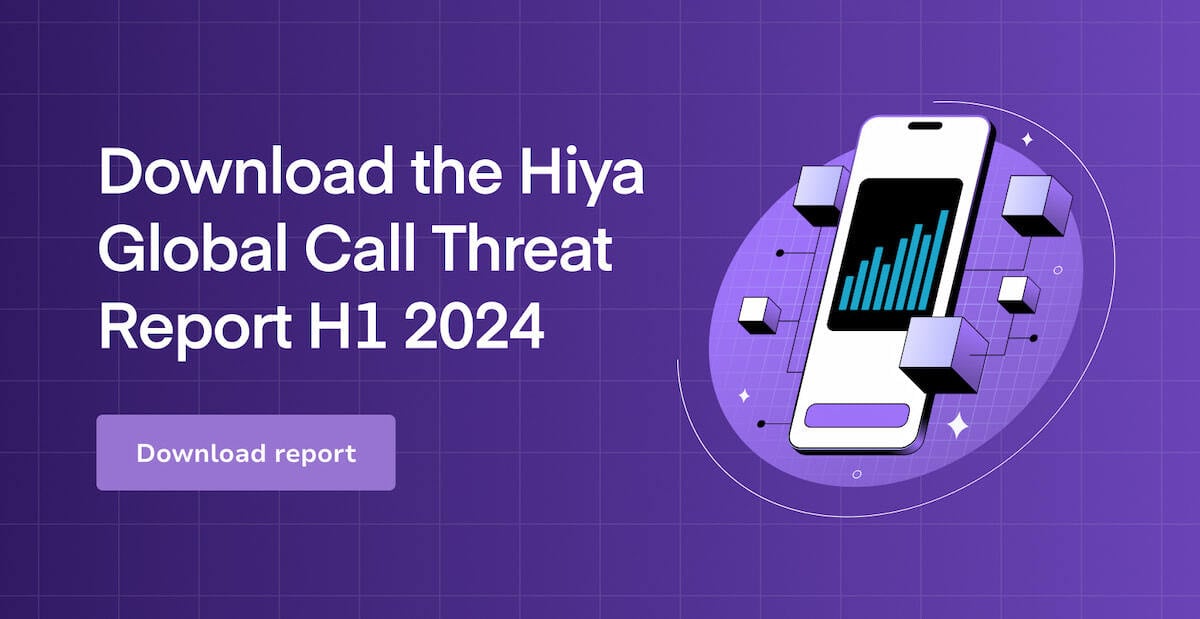In 1991, the Telephone Consumer Protection Act (TCPA) was passed by Congress to protect consumers from unwanted telephone solicitations. The new laws were an amendment to the Communications Act of 1934, and were enacted in response to the rising amount of unsolicited marketing calls, pre-recorded messages, and automatic telephone dialing systems used by businesses at the time.
The TCPA is regulated by the Federal Communications Commission (FCC), which ensures businesses maintain strict guidelines associated with the act. They also have the power to issue fines for TCPA violations. Every year, the FCC collects millions of dollars from lawsuits associated with the Telephone Consumer Protection Act.
As a contact center, it is vital to understand what TCPA is and how it affects the work you do each day. Although the law was passed 30 years ago, it is still relevant today. With the increased amount of data available at call centers’ fingertips, it is especially important to be aware of this law in order to prevent making mistakes that could be costly for your business.
In this article, we are breaking down the important requirements the TCPA places on call centers. We’ll help you understand exactly what the law prohibits, and give you a guide to maintaining a reputable, violation-free contact center.
What does the TCPA Prohibit?
Simply stated, the TCPA prevents telephone communication from businesses (or anyone) without prior consent from the recipient. The following is a non-exhaustive list of the basic regulations call centers should follow to comply with the act:
- Use of pre-recorded or artificial voice messages are prohibited when contacting consumers without prior written consent. There is an exemption permitted for this rule if the call is initiated for emergency purposes.
- Respect the wishes of those who have registered with the National Do Not Call (DNC) Registry.
- Consumers cannot be contacted between the hours of 9 p.m. and 8 a.m. (in their respective time zone.)
- The use of Automatic Telephone Dialing System (ATDS) is prohibited when making calls to emergency lines, hospitals, healthcare centers, or any service to which the recipient is charged for the call
- Employing telephone facsimile machines, computers, or other devices to send unsolicited advertisements without prior consent is forbidden.
If the recipient of an unsolicited call has been the victim of a violation of any of these regulations, they can take the violation to court. Upon review, the person is eligible to receive the greater of either $500 or the monetary loss from the violation. If you believe you’ve been a victim of one or more of these violations, you can report the violation(s) on the FCC website.
How to Comply with TCPA Regulations
Without a clear understanding of TCPA restrictions, call centers risk violating federal law and incurring potential lawsuits. And, at its core, the Telephone Consumer Protection Act is simply in place to encourage legitimate businesses to use common decency when building connections with consumers.
There are many things contact centers can do to remain compliant with TCPA’s regulations. You may discover that these suggestions are not unfamiliar, but rather a natural way to build trust and confidence with your consumer relationships.
- Get written consent before making phone calls
- Promptly place those who do not give written consent on your do-not-contact list
- Be honest with regard to your calls to action and terms of service
- Reassure customers by providing a privacy policy
- Always give customers with the choice to opt-out of marketing messages
- Provide your business name and reason for contacting when customers opt-in to receive messages
At Hiya, we want to help you earn trust through providing identity for your customers. Our reputation management software provides your business with legitimacy by preventing imposters from spoofing your phone numbers. Hiya Connect also authenticates your calls so that your customers always know it’s you calling.
The Telephone Consumer Protection Act in 2021
The Federal Communications Commission is constantly evaluating the TCPA to keep up with the modernized industry. From extending TCPA regulations to text messaging in 2015 to recent lawsuits about whether or not Facebook messaging should be restricted by the FCC, it’s clear that consumer privacy is more important now than ever before.
If you haven’t already, now is the time to conduct an internal audit of how well your contact center is aligned with the Telephone Consumer Protection Act. Making the necessary adjustments now will prevent potentially disastrous effects in the future.
If you’d like to learn more about current trends that are influencing the call center industry, download our State of the Call Report.




.jpg)

